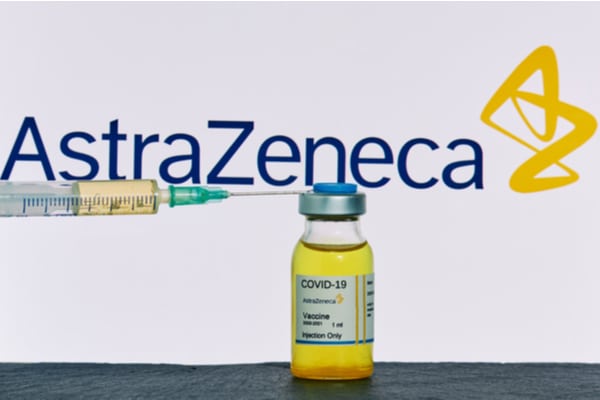
![]()
AstraZeneca will create up to 100 jobs in Blanchardstown, Dublin after announcing plans to build an advanced manufacturing facility. The British-Swedish multinational pharmaceutical and biotechnology company has announced plans for the construction of an advanced manufacturing facility in Blanchardstown.
AstraZeneca will launch an API (active pharmaceutical ingredient) manufacturing facility for small molecules. Costing around €306 million, the biopharmaceutical company behind the COVID-19 vaccine will launch its plant at the Alexion Campus in College Park.
According to the British-Swedish pharmaceutical company, the new plant will “transform the development and commercialisation of new medicines”, creating around 100 highly skilled occupations in both engineering and science.
Taoiseach Micheál Martin welcomed the news on Twitter this morning and said: “Great news that AstraZeneca is to establish its first ever manufacturing facility in Ireland, creating 100 highly-skilled jobs.
“The $360m investment in Dublin is a huge boost to the area, and to the entire country’s life-sciences sector. In choosing Ireland as the location for its new next-generation active pharmaceutical ingredient manufacturing facility, AstraZeneca joins the very strong and successful network of global life sciences companies we have in Ireland. I wish them every success with their operations here.”
Pascal Soriot, CEO of AstraZeneca, is said to be “tremendously proud” of the plan, and said the major investment will “nurture the country’s dynamic life sciences sector and allow for the development of high value-added medicines.”
The new plant is said to reduce commercialisation lead times and expenditure significantly, introducing a more sustainable manufacturing process. AstraZeneca believe the design of the new plant will enable the addition its capabilities. This, in part, allows the company to manufacture a wide range of medicines, including new modalities such as antibody-drug conjugates and oligonucleotides.
AstraZeneca’s executive vice president, Pam Cheng, said that the future “manufacturing of APIs for our medicines includes compounds with highly complex synthesis, requiring next generation technologies and capabilities that can respond quickly and nimbly to rapidly-changing clinical and commercial needs.”